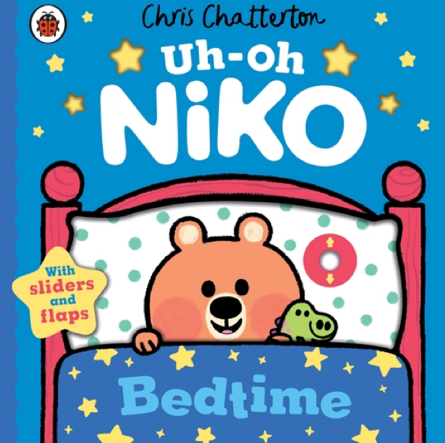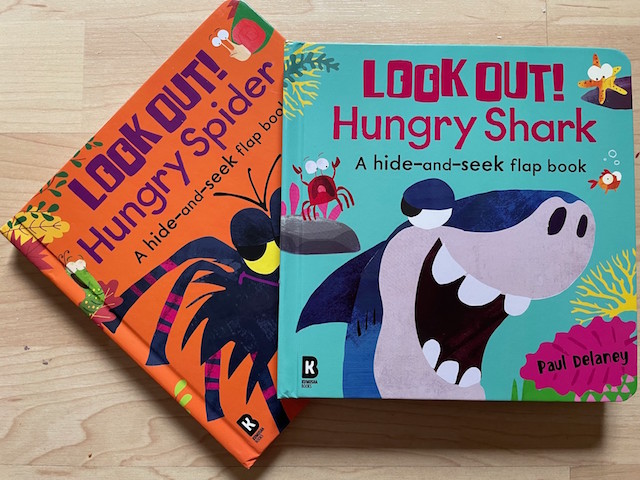.jpg) Be assured you are not alone and your son is behaving just like a pre-teenager. Puberty is setting in and he’s determined to be treated as a “young adult” (and probably acts like a baby some of the time!). The trouble is that at this age children are unable to see reason - and that’s why they have parents looking after them.
Be assured you are not alone and your son is behaving just like a pre-teenager. Puberty is setting in and he’s determined to be treated as a “young adult” (and probably acts like a baby some of the time!). The trouble is that at this age children are unable to see reason - and that’s why they have parents looking after them.
Obviously children vary in their sleep requirements but at 12 your son needs about nine to ten hours sleep a night. So if he gets up for school at 7.00am he’ll need to be in bed and ready to drop off by 9.30pm. The problem is that adolescents find it difficult to go to sleep as their body clocks want them to stay up later and sleep longer in the morning. In fact at least one state in the US changed the time of the school day, starting an hour later and found that students were much more alert and did better in their studies.
However that doesn’t help you. First of all you need to establish a bedtime routine – just as you did when he was a baby. Baths are good at helping us to wind down and relax so you could try that. Plus avoid caffeine containing foods and drinks like coffee, cola and chocolate. A hot milky drink is often beneficial.
What you have to stop is his use of the computer and TV in his room at night. One study showed that just answering emails at night has the effect of a double expresso coffee! And computer games can be very addictive. So if you have to, remove the computer and TV from his room. Suggest he reads in bed or listens to an audio-book to help him drop off. He’ll complain and tell you that all his friends play computer games etc at night but you’ll have to be firm.
Once he gets into the routine and knows you are not going to change your mind, you could let him have his TV and computer back in his room on Friday and Saturday nights - if he doesn’t have to get up early the next morning.
Hopefully his mood will improve – but some people are always grumpy when they wake up. Teenagers need routine in their lives just as younger children do – even if they tell you otherwise. He’s not a baby but he isn’t old enough or mature enough to take control of his own life – he still needs your guidance.
This article first appeared in The Scotsman.



